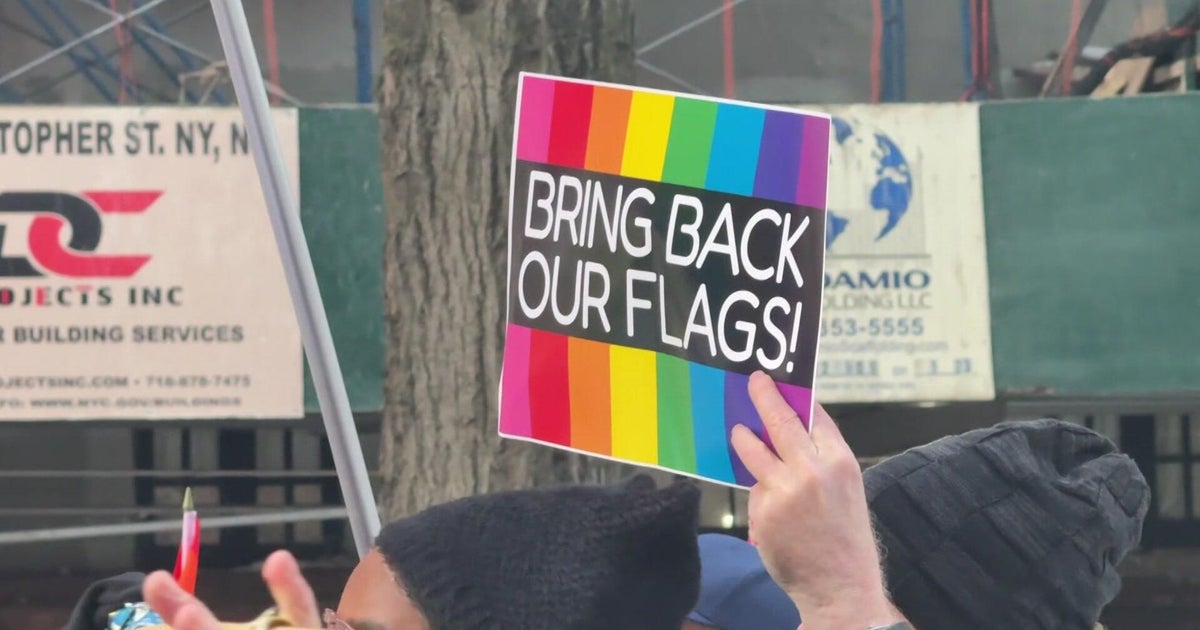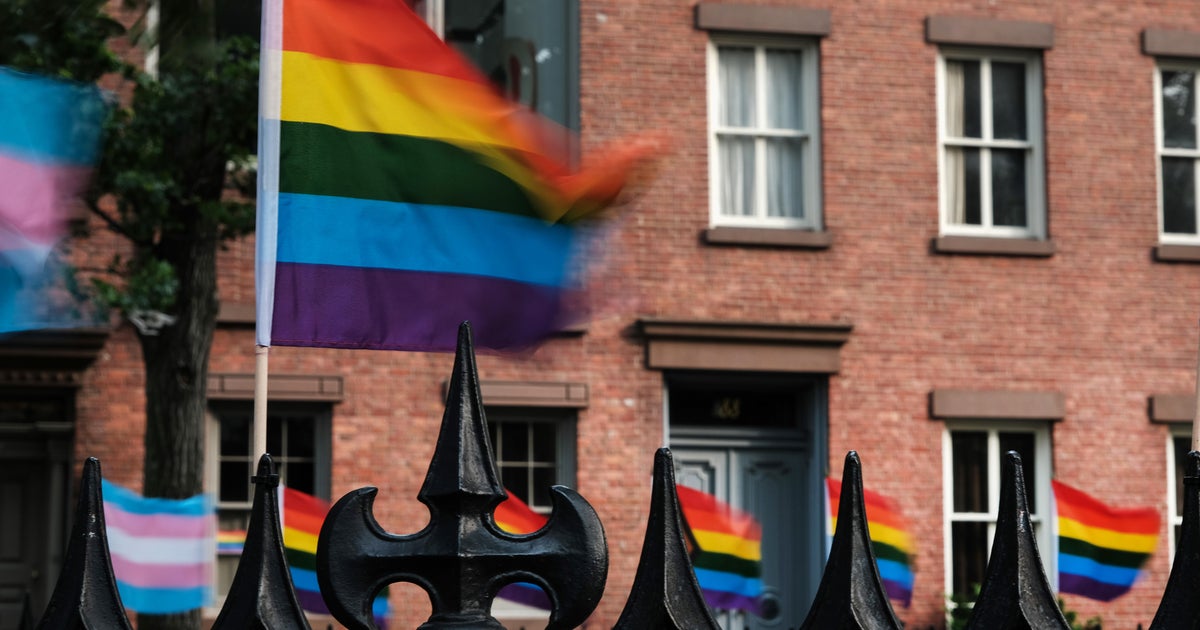More states challenge display of Confederate monuments, symbols
The battle to keep or remove Confederate symbols and monuments across the country is reaching a boiling point after President Trump's controversial comments Tuesday about the statues coming down and the violent white nationalist rally in Charlottesville that began as a demonstration to keep a statue of Gen. Robert E. Lee.
Virginia Gov. Terry McAuliffe said in a statement Wednesday "that the recent events in Charlottesville demonstrate that monuments celebrating the leadership of the Confederacy have become flashpoints for hatred, division and violence."
"As we attempt to heal and learn from the tragic events in Charlottesville, I encourage Virginia's localities and the General Assembly -- which are vested with the legal authority -- to take down these monuments and relocate them to museums or more appropriate settings," he added.
U.S. Sen. Cory Booker, Democrat of New Jersey, tweeted Wednesday that he will be introducing a bill to remove Confederate statues from the U.S. Capitol building.
Mayor Levar Stoney of Richmond, Virginia, took to Facebook to say he will consider removing or relocating Confederate statues even after previously thinking the monuments could stay in the former capital of the Confederacy but with context for their historical significance.
His statement added: "While we had hoped to use this process to educate Virginians about the history behind these monuments, the events of the last week may have fundamentally changed our ability to do so by revealing their power to serve as a rallying point for division and intolerance and violence."
In New York City, Gov. Andrew Cuomo announced Wednesday on Twitter that he asked U.S. Army secretary Ryan McCarthy to remove the Confederate names from the streets of Fort Hamilton in Brooklyn.
Cuomo also declared that Gen. Robert E. Lee and Gen. Thomas J. "Stonewall" Jackson would be removed from the Hall of Fame for Great Americans in the Bronx:
Cuomo wrote on Twitter: "There are many great Americans, many of them New Yorkers worthy of a spot in this great hall. These two Confederates are not among them."
In Birmingham, Alabama, a 52-foot tall obelisk honoring Confederate soldiers and sailors was covered by wooden panels on Tuesday under orders of the mayor.
"I want it gone," Mayor William Bell said. "Think about what it represents. The Confederacy was an act of sedition. It was an act of treason."
The state attorney general, meanwhile, argues covering up the 1905 monument violates a new law that prohibits the removal of historical structures.
Also Wednesday night, the city commission in Helena, Montana, ordered the removal of a Confederate memorial from a city park, according to The Associated Press.
Mayor Jim Smith said that he believes the memorial poses a safety concern -- even though he was previously opposed to removing or altering the granite fountain, AP writes. It was commissioned by the United Daughters of the Confederacy and dedicated in 1916.
In Durham, North Carolina, on Monday, protesters toppled a Confederate statue.
The changes across the country are adding up after Mr, Trump's defense of Confederate statues in wide-ranging remarks Tuesday.
"This week it's Robert E. Lee. I notice that Stonewall Jackson's coming down," Mr. Trump said during a visit to Trump Tower in New York. "I wonder, is it George Washington next week, and is it Thomas Jefferson the week after? You know you really do have to ask yourself, where does it stop?"
Asked specifically whether Charlottesville's Lee statue should come down, he said: "I would say that's up to a local town, community or the federal government, depending on where it is located."
All around the country, Republican and Democratic officials at the state and local levels moved swiftly to begin a process to remove the statues.
A law professor and director of the Center for Terrorism Law at St. Mary's University in San Antonio called removal a "slippery slope," saying judging historical figures through a modern lens can be difficult.
"A healthy democracy and people within that democracy should be able to say, 'This is our history.' And history is made up of actions of human beings, and human beings aren't perfect," said Jeffrey F. Addicott, who stressed he was speaking for himself and not the law school.
Statues, he added, can be moved, but he's opposed to them being "put in a warehouse never to be seen again because then you're kind of erasing or rewriting history."




